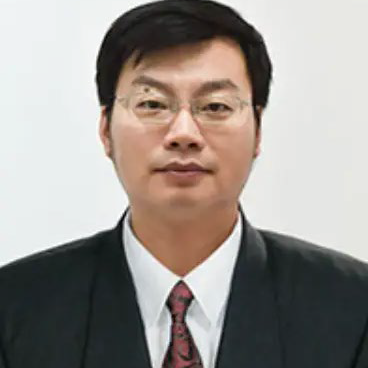
Liang ZHOU, is a professor and doctoral supervisor at Nanjing University of Posts and Telecommunications, as well as the vice president. His main research direction is multimedia communication and networks. In recent years, he has published numerous academic papers in IEEE/ACM Trans. and other prestigious journals, and has presided over key projects of the National Natural Science Foundation of China. He currently serves as the Vice Chair of the Multimedia Communications Technical Committee of the IEEE Communications Society, the Director of the Communication Theory and Signal Processing Committee of the China Communications Society, and is invited to be an editorial board member of academic journals such as IEEE Wireless Communications and China Communications. He has received academic honors including the Cheung Kong Scholars Program Professorship from the Ministry of Education (2020), the National "Outstanding Young Scientist Fund" (2013), and the National "Overseas High-Level Young Talent" (2012).
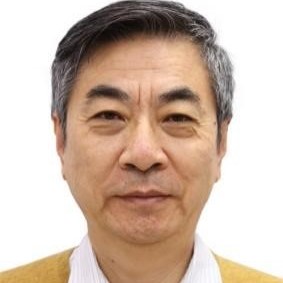
Jianguo Ma received the doctoral degree in engineering in 1996 from Duisburg University, Duisburg, Germany. He was a faculty member of Nanyang Technological University (NTU) of Singapore and the funding director of the Center for Integrated Circuits & Systems of NTU from Sept 1997 to Dec. 2005 after his post-doctoral fellowship with Dalhousie University of Canada in Apr 1996 – Sept 1997. He was with the University of Electronic Science and Technology of China in Jan 2006 – Oct 2009 and he served as the Dean for the School of Electronic Information Engineering and the founding director of the Qingdao Institute of Oceanic Engineering of Tianjin University in Oct. 2009 – Aug 2016; he joined Guangdong University of Technology as a distinguished professor in Sept 2016 – Aug 2021. Dr. Ma served as the Vice Dean for the School of Micro-Nano Electronics of Zhejiang University in Sept, 2021 – Oct 2022 and as the Director of the Research Center of Intelligent Chips & Deices/Research Center of Novel Sensing & Intelligent Processing in Nov 2022 – April 2024. SInce April 2024 he joins Zhongyuan University of Technology as the Academic Vice President.

Wanyang Dai is a Distinguished Professor in Mathematics Department of Nanjing University, Chief Scientist at Su Xia Control Technology, President and CEO of U.S. based (blochchain and quantum computing) SIR Forum (Industial 6.0 Forum), a Special Guest Expert in Jiangsu FinTech Research Center, President of Jiangsu Probability & Statistics Society, Chairman of Jiangsu Big Data-Blockchain and Smart Information Special Committee, Chief Scientist at Depths Digital Economy Research Institute, and Editor-in-Chief of Journal of Advances in Applied Mathematics, where his research includes stochastic processes related optimization and optimal control, admission/scheduling/routing protocols and performance analysis/optimization for various projects in BigData-Blockchain oriented quantum-cloud computing and the next generation of wireless and wireline communication systems, forward/backward stochastic (ordinary/partial) differential equations and their applications to queueing systems, stochastic differential games, communication networks, Internet of Things, financial engineering, energy and power engineering, etc. His “influential” achievements are published in “big name” journals including Operations Research, Computers & Mathematics with Applications, Communications in Mathematical Sciences, Journal of Computational and Applied Mathematics, Queueing Systems, Mathematical and Computer Modeling of Dynamical Systems, etc. His researches are awarded as outstanding papers by various academic societies, e.g., IEEE Top Conference Series, etc.. He received his Ph.D degree in applied mathematics jointly with industrial engineering and systems engineering from Georgia Institute of Technology, Atlanta, GA, U.S.A., in 1996, where he worked on stochastics and applied probability concerning network performance modeling and analysis, algorithm design and implementation via stochastic diffusion approximation. The breakthrough results and methodologies developed in his thesis were cited, used, and claimed as “contemporaneous and independent” achievements by some other subsequent breakthrough papers that were presented as “45 minute invited talk in probability and statistics” in International Congress of Mathematicians (ICM) 1998, which is the most privilege honor in the mathematical society. The designed finite element-Galerkin algorithm to compute the stationary distributions of reflecting Brownian motions (weak solutions of general dimensional partial differential equations) is also well-known to the related fields.
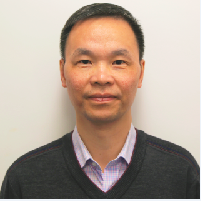
Prof. Huiyu Zhou received a Bachelor of Engineering degree in Radio Technology from Huazhong University of Science and Technology of China and a Master of Science degree in Biomedical Engineering from University of Dundee of United Kingdom, respectively. He was awarded a Doctor of Philosophy degree in Computer Vision from Heriot-Watt University, Edinburgh, United Kingdom, supervised by Professors Patrick Green (Psychology) and Andrew Wallace (Computer Engineering). Prof. Zhou heads the AI and Machine Learning Group and leads the Biomedical Image Processing Lab (BIPL) at University of Leicester. He was Director of MSc Programme (2018-2019) and Coordinator of MSc Distance Learning at Informatics (2018-2022), and is PGR Director of CMS, Deputy Director of Research Centre for Artificial Intelligence, Data Analytics and Modelling (AIDAM) and Member of the Executive Group of Apollo-Leicester Centre for Digital Health and Precision Medicine. Prior to this appointment, he worked as Reader (2018-2020) at University of Leicester, and Lecturer (2012-2017) at the School of Electronics, Electrical Engineering and Computer Science, Queen's University Belfast (QUB). He was a visiting scholar of QUB during 2018-2020. Prof. Zhou has published widely in the field. He was the recipient of "CVIU 2012 Most Cited Paper Award", "MIUA2020 Best Paper Award", "ICPRAM 2016 Best Paper Award in the Area of Applications" and was shortlisted for "ICPRAM 2017 Best Student Paper Award" and "MBEC 2006 Nightingale Prize". He serves as: Editor-in-Chief of Recent Advances in Electrical & Electronic Engineering, Associate Editor/EBM of IEEE Transactions on Human-Machine Systems, IEEE Journal of Biomedical and Health Informatics, Pattern Recognition, PeerJ Computer Science, Security and Safety, Scientific Reports, Machine Intelligence Research, International Journal of Image and Graphics, Intelligent Marine Technology and Systems and IEEE Access, Editorial Board Member and Guest Editor of several refereed journals.
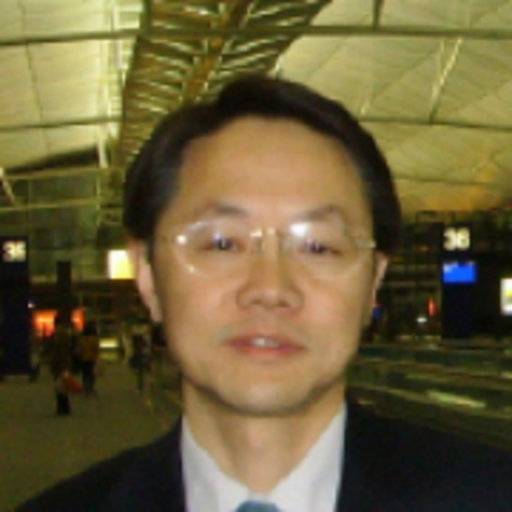
Lin Wang (Senior Member, IEEE) received the Ph.D. degree in electronics engineering from the University of Electronic Science and Technology of China, Chengdu, China, in 2001. From 1984 to 1986, he was a Teaching Assistant with the Mathematics Department, Chongqing Normal University. From 1989 to 2002, he was a Teaching Assistant, a Lecturer, and then an Associate Professor in applied mathematics and communication engineering with Chongqing University of Post and Telecommunication, Chongqing, China. From 1995 to 1996, he spent one year with the Mathematics Department, University of New England, Armidale, NSW, Australia. In 2003, he spent three months as a Visiting Researcher with the Center for Chaos and Complexity Networks, City University of Hong Kong. In 2013, he was a Senior Visiting Researcher with the Department of Electrical and Computer Engineering (ECE), University of California at Davis, CA, USA. He was a Distinguished Professor with Xiamen University, China, from 2012 to 2017, where he has been a Full Professor with the School of Informatics since 2003. He has authored more than 270 journal and conference papers (including 100 IEEE journal articles, four best paper awards). He holds more 20 patents in physical layer in digital communications. He has held some IEEE conferences as general chairs and TPC Chairs in his career. Meanwhile he has also delivered some Keynote Speeches in the international conferences recent several years. His current research interests include source coding/channel coding, joint source and channel coding/decoding, chaos modulation and their applications to wired/wireless communication, power line communication (PLC), and underwater acoustic communications (UAC).
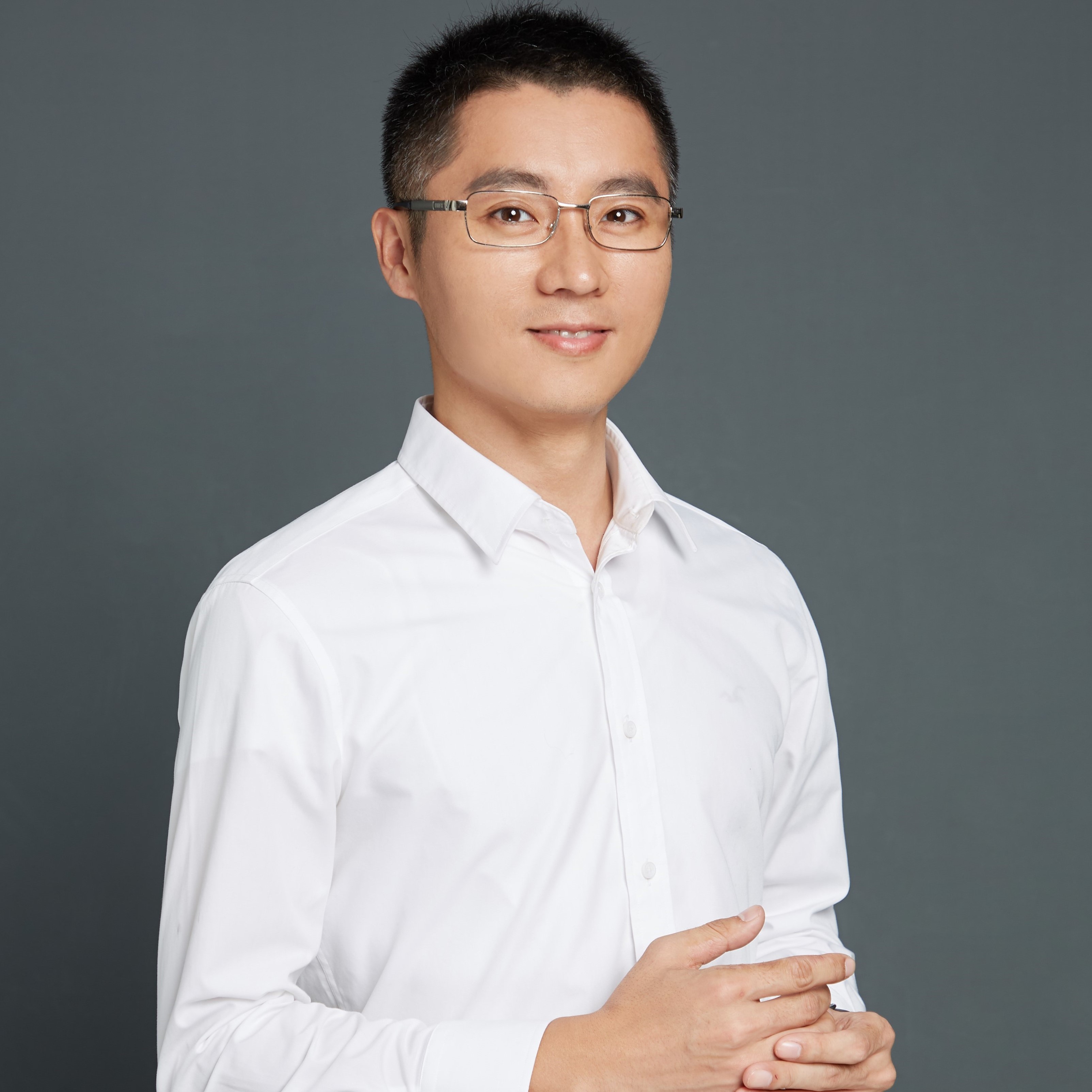
I am an associate professor at the Software Engineering Institute of ECNU, with the Shanghai Key Laboratory of Trustworthy Computing and the Engineering Research Center of Software/Hardware Co-design Technology and Application,Ministry of Education. I am leading the Intelligent Computing and Networking (ICN) Research Group, and our research mainly focuses on Datacenter Networking, Machine Learning Systems, AI-driven Intelligent Networking, Fog/Edge Computing and Cloud Computing. I obtained my Eng.Msc degree in Computer Infomation System Engineering from Warsaw Unviersity of Technology, Poland (sponsered by China Scholarship Council) in 2011 under the supervision of Prof. Jacek Wojciechowski, and my Ph.D. degree in Computer Science and Engineering from HKUST in 2015 under the supervision of Prof. Mounir Hamdi (IEEE Fellow). Prior to joining ECNU in 2020, I worked at the Bell Labs as a research scientist from 2015 to 2016, and at Huawei as a senior engineer from 2016 to 2020.